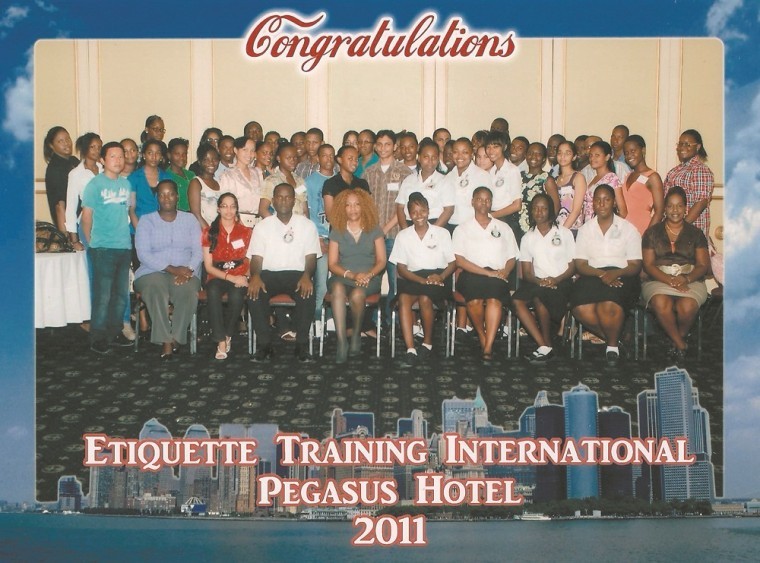Teaching the importance of etiquette

Meet the Henry Higgins of Bay Ridge, Phillipa Morris, founder of Etiquette Training International, a finishing school program.
I came from a background in a South American country that did not emphasize social protocol. Life was pretty laid back, but life brought me to North America and I had to learn how to relate to others to be successful, said Morrish, who is a graduate of the Ophelia DeVore School of Charm in New York and Minding Manners, located in London.
Morrish has been teaching her program to seniors at Fontbonne Hall Academy for the past nine years. She also volunteers to teach women who are incarcerated in the Brooklyn Detention Facility and chronic truants enrolled in the District Attorneys Restart Program in Brownsville.